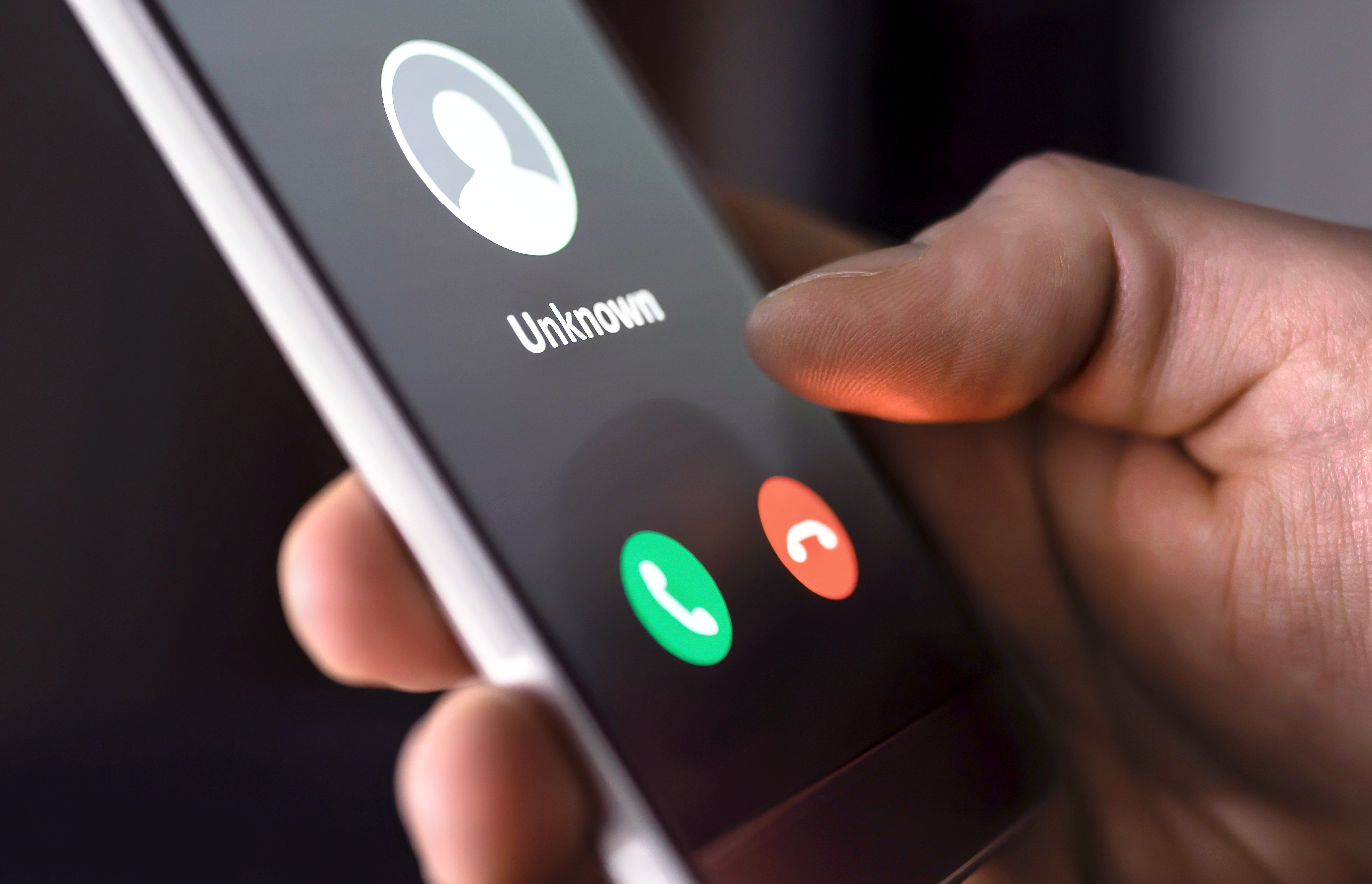It’s one of the top complaints that comes into NBCLA’s I-Team: consumers say they answered a phone call that appeared to be from their bank, but instead, it was a scammer who swiped thousands of dollars from their account. Consumers say their banks often refuse to refund them, but our I-Team learned these banks may be on the hook after all.
When a Bank of America phone number popped up on Daniel Unger’s cell phone, he picked up.
“I typically would never answer an 800 number, I’d let it go to voicemail,” said Unger. “But because it did have the Bank of America contact that I was familiar with, I did answer it, thinking obviously at the time it was legitimate.”
The person on the other end said he was calling about suspicious transactions on Unger’s debit card. Daniel said he didn’t make them.
“He said, ‘No problem Mr. Unger, we’re going to go ahead and take care of that, just stay with me, it may take a few minutes but we’ll rectify the situation,’” said Unger.
But that’s not what happened. The caller had spoofed Bank of America’s phone number, tricking Unger into thinking he was calling from the bank. He had Unger change his online banking password to protect his money, but really it just allowed the scammer into this account, where he transferred $11,000 overseas.
“It’s embarrassing to realize that all you had to do was hang up the phone or not answer the phone,” said Unger. “But the way they spoofed it, the way they mimicked the phone call, I never got over that in my head, so mentally they had me.”
Unger said he immediately filed a claim with Bank of America, but the bank denied it. And he’s not alone. The I-Team’s received dozens of similar complaints, consumers losing thousands of dollars. Their banks also denied their claims. Consumers say their banks blamed them, saying they allowed scammers to access their money.
Consumer attorney Jay Rahimi believes the banks are wrong.
“You are supposed to be able to dispute these transactions and recover those funds,” said Rahimi.
Rahimi argues these victims are protected under Regulation E, which sets rules for electronic money transfers, like debit card or payment app transactions. If a consumer disputes a transaction, Rahimi says the burden is on the bank to prove the consumer authorized it. And even if the consumer did authorize it, but they were fraudulently lured into doing so, like Unger was, Rahimi says they’re not liable for the loss.
The I-Team also reached out to the Consumer Financial Protection Bureau, the government agency established to make sure consumers are treated fairly by banks and other financial institutions. It agrees with Rahimi.
So why are banks denying consumers’ claims? Rahimi says because no one’s cracking down on them. But he says lawyers are closely watching some court cases.
“While the regulation says one thing, the banks may be able to convince the judge to rule another way,” said Rahimi. “There just hasn’t been enough litigation surrounding it.”
After the I-Team reached out to Bank of America, it refunded Unger his $11,000. It said in a statement: “Based on additional research, we determined that the account was compromised.”
The I-Team also reached out to the American Bankers Association, a banking industry trade group. In a statement, it didn’t address a bank’s duty under Regulation E, even though we asked. But it said: “If you receive a call, text or email asking for account information or urging you to send money, remember that banks never ask for that.”
If you do get a call, and you think it might be your bank, hang up and call them bank using the number on the back of your debit card.
It’s something Unger wishes he’d done.
“They’re evil,” he said. “And they’re really good at what they do.”


